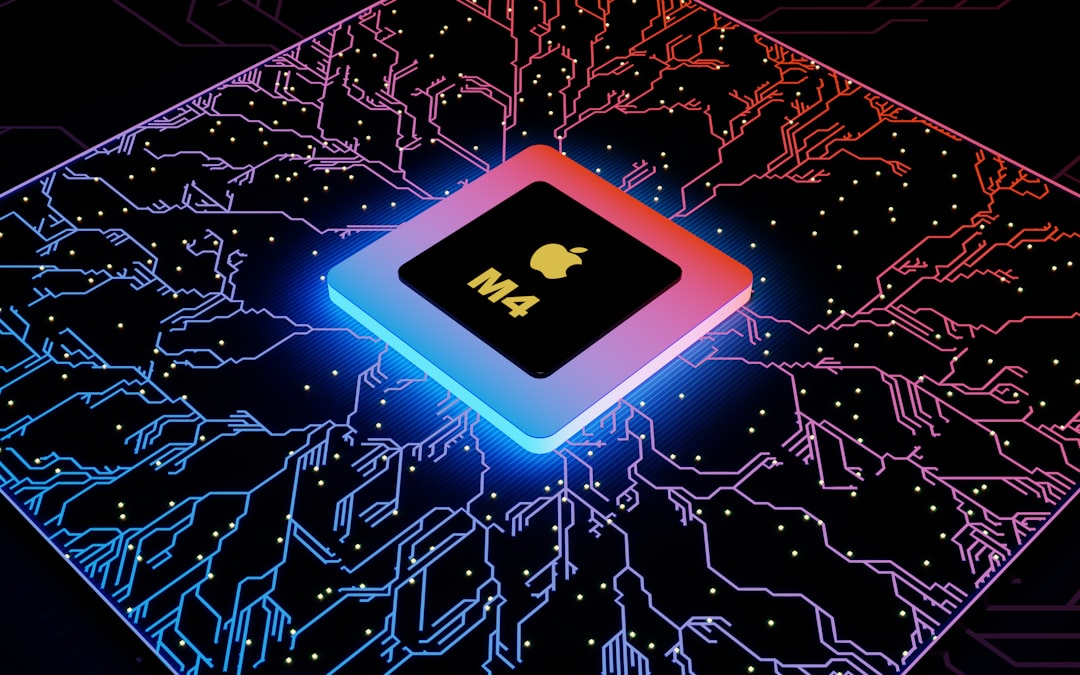Introduction
In the ever-expanding universe of technology, artificial intelligence (AI) has emerged as a cornerstone, propelling innovations that were once the stuff of science fiction into reality. This transformative force is not just reshaping industries but is also redefining how we interact with machines, data, and even each other. This article delves into the multifaceted impact of AI on technology, highlighting how it’s forging new pathways in various sectors, enhancing efficiency, and setting the stage for a future where the possibilities are boundless.
AI and Cybersecurity
As digital threats become more sophisticated, AI is stepping up as a crucial ally in cybersecurity. By leveraging machine learning algorithms, AI systems can predict, detect, and respond to cyber threats with unprecedented speed and efficiency. These systems learn from past incidents, evolving to anticipate and neutralize new threats. AI’s proactive capabilities are transforming cybersecurity from a reactive, manual process to a dynamic, automated defense mechanism.
Revolutionizing Healthcare with AI
AI’s impact on healthcare is profound, offering breakthroughs in diagnosis, treatment, and patient care. AI algorithms can analyze vast amounts of medical data, from patient records to genetic information, to provide personalized medicine tailored to individual needs. Moreover, AI-driven robotics are aiding in surgeries, providing precision that enhances outcomes and reduces recovery times. This section of AI not only improves efficiency but also accesses previously untapped resources, revolutionizing patient care.
AI in Business Intelligence
Businesses across the globe are harnessing AI to transform data into actionable insights. AI systems can sift through complex data sets to identify trends, predict market dynamics, and offer decision-makers critical insights. This capability enables businesses to be more agile, anticipate market changes, and respond more effectively to customer needs. AI in business intelligence is not just about data analysis; it’s about creating a strategic advantage.
Ethical Implications of AI
As AI becomes more integrated into society, ethical concerns are increasingly coming to the forefront. Issues surrounding privacy, autonomy, and decision-making are sparking intense debates. It’s crucial for technology leaders and policymakers to establish guidelines that ensure AI’s development and deployment are aligned with ethical standards. This section discusses the balance between leveraging AI’s capabilities and safeguarding human values.
The Future of AI in Everyday Life
Looking ahead, AI is set to become even more integrated into our daily lives. From smart home devices that anticipate our needs to AI-powered personal assistants that understand and react to our emotions, the future promises a new era of convenience and personalization. However, this future also demands careful consideration of how we manage and interact with AI, ensuring it enhances rather than detracts from the human experience.
Conclusion
AI is not just a tool; it is a transformative entity that is reshaping the landscape of technology and society. From strengthening cybersecurity defenses to revolutionizing healthcare and driving business innovation, AI’s role is pivotal and growing. As we stand on the brink of this AI-driven era, it is imperative to foster an environment where technology respects and enhances human life, ensuring that AI serves as a benevolent partner in the advancement of mankind.







